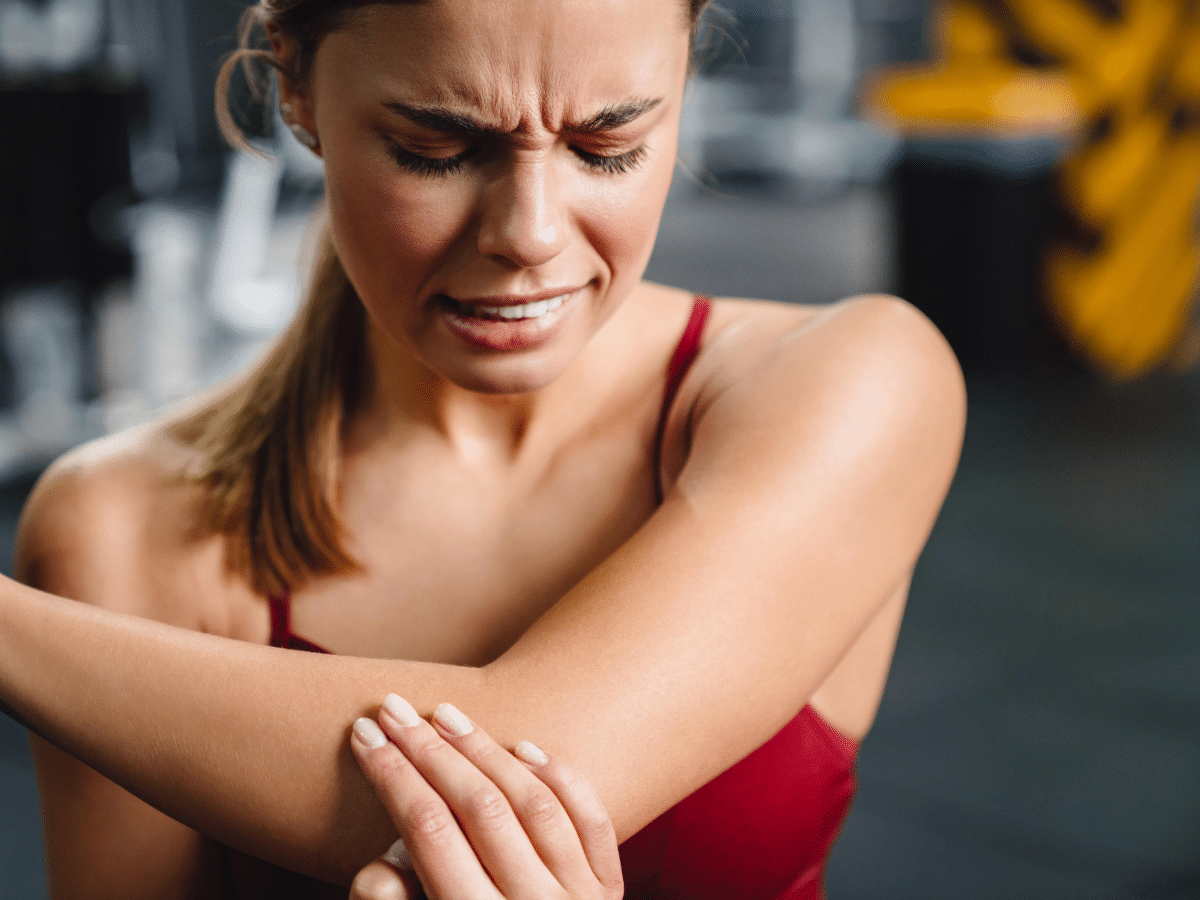Dr. Szerlip has joined forces with Austin Orthopedic Institute
We are at: 11675 Jollyville Road Suite 207, Austin, TX 78759
Call 512-856-1000 or click here to request an appointment.
Are you grappling with persistent shoulder pain or discomfort, accompanied by clicking sensations around the joint? If so, it could be a sign of shoulder tendinopathy.
In this blog, we’ll look into the intricacies of shoulder tendinopathy, including its causes, common symptoms, diagnostic methods, and available treatment options—both non-surgical and surgical. By the end of this article, you’ll have a deeper understanding of this condition and how to address it effectively.
If you’re looking for expert orthopedic help for your shoulder, get in touch with Benjamin W. Szerlip, DO. He is helping many to restore the function of their shoulder in Austin, Texas. Contact us today to book an appointment with Dr. Szerlip!
Shoulder tendinopathy encompasses a range of tendon injuries affecting the shoulder, typically arising from repetitive strain or overuse rather than a single traumatic event. The tendons connecting muscles to bones in the shoulder, particularly the rotator cuff tendons, are prone to inflammation and damage, leading to pain, limited range of motion, and discomfort during everyday activities.
When tendinopathy affects the rotator cuff tendons, the condition could be referred to as rotator cuff tendinopathy. The muscles that make up the rotator cuff consist of the supraspinatus, infraspinatus, subscapularis, and teres minor.
Rotator cuff tendinopathies can be described based on the specific tendons that are attached to these muscles. These tendons are vital in stabilizing the shoulder joint and facilitating various movements, including lifting, reaching, and rotating the arm.
When the rotator cuff tendons swell, they can get pinched in the shoulder joint. This is often referred to as rotator cuff impingement.
Shoulder tendonitis is a type of tendinopathy where the tendon is acutely inflamed and swollen without microscopic tendon damage. Tendinosis, on the other hand, is when the tendon has chronic damage.

The rotator cuff tendons can undergo micro-tears and degeneration over time due to repetitive overhead movements, such as throwing, swimming, or painting. Additionally, sudden or forceful movements—like lifting heavy objects or poor posture—can contribute to tendon injury and inflammation. Individuals engaged in sports or occupations requiring repetitive shoulder motions are particularly susceptible to shoulder tendinopathy.
Symptoms often develop gradually and worsen with continued activity, leading to persistent shoulder and upper arm pain, weakness, stiffness, and difficulty performing overhead tasks. Clicking or popping sensations may occur with certain movements, indicating underlying tendon damage.
Diagnosing shoulder tendinopathy involves a comprehensive evaluation by a healthcare professional, starting with a detailed medical history review to assess symptoms, previous injuries, and activity levels. A physical examination is conducted to assess shoulder range of motion, strength, and tenderness, with specific tests designed to elicit pain or discomfort indicative of tendon pathology.
Diagnostic imaging tests—such as ultrasound or magnetic resonance imaging (MRI)—may be ordered so your doctor can visualize the affected tendons, evaluate the extent of damage, and rule out other shoulder conditions, such as shoulder impingement syndrome or rotator cuff tears.
Managing shoulder tendinopathy typically involves a multi-faceted approach to relieve pain, reduce inflammation, and promote tendon healing. Non-surgical treatments are usually recommended as part of your initial treatment, with surgical options reserved for severe cases resistant to conservative measures.
Non-surgical treatment of shoulder tendinopathy is often tried first. It may include the following:

In cases of severe tendon damage or failure to respond to conservative treatments, arthroscopic surgery may be recommended to repair or debride the affected tendons, remove bone spurs, or decompress the subacromial space.
Arthroscopic techniques involve small incisions, minimally invasive instruments, and a camera (arthroscope) to visualize and treat intra-articular and peri-articular shoulder pathology. Arthroscopic rotator cuff repair is a well-established surgical procedure with high success rates and low complication rates when performed by experienced orthopedic surgeons.
If you’re struggling with shoulder tendinopathy and seeking expert orthopedic care, consider reaching out to Benjamin W. Szerlip, DO, in Austin, Texas. Our practice specializes in treating shoulder injuries and conditions, providing compassionate and innovative treatments to help you regain shoulder function and alleviate pain.
Contact us today to schedule a consultation and take the first step toward a healthier, pain-free shoulder!
Medically reviewed by Benjamin W. Szerlip DO
Dr. Szerlip has joined forces with Austin Orthopedic Institute
We are at: 11675 Jollyville Road Suite 207, Austin, TX 78759
Call 512-856-1000 or click here to request an appointment.